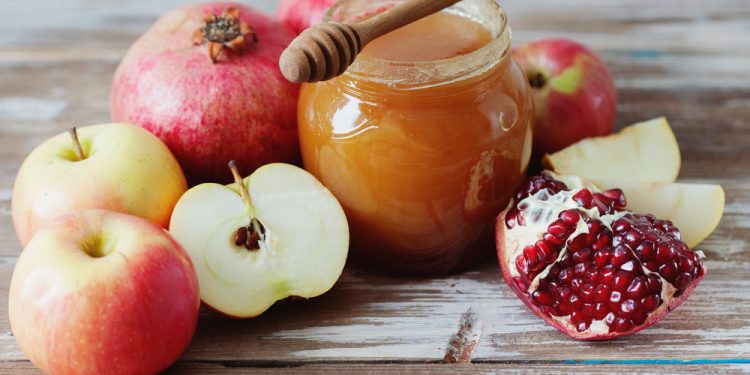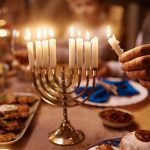
Rosh Hashanah
Occurring on the first and second days of the seventh month of the Jewish year, Rosh Hashanah is often called the Jewish New Year. In fact, the term actually means “first—or head—of the year.” While this may cause some people to equate this holiday with the American New Year, there is one important difference between the two. The American first of the year usually involves quite a bit of drinking and merriment, while Rosh Hashanah is a more somber religious holiday.
This day is believed to be the anniversary of the creation of the first man and woman in the Garden of Eden—Adam and Eve. As such, it is a day that is filled with much religious introspection, but it is also a day filled with much joy.
History
The modern name of this holiday is never referenced in the Bible. Instead, it is referred to as either Yom Ha-Zikkaron or Yom Teruah. It is established by a passage in Leviticus 23:24, which simply states: “Speak unto the children of Israel, saying, In the seventh month, on the first day of the month, shall ye have a Sabbath, a memorial of blowing of trumpets, a holy convocation. Ye shall do no servile work therein: but ye shall make an offering made by fire unto the Lord.”
Observances And Customs
Absolutely no work is allowed on this day. Most of the day is spent in prayer and in a synagogue—where the daily liturgy is expanded upon for the holiday. Because of extensive liturgical changes, not only on this holiday but also on Yom Kippur, there is a special prayer book used called the Machzor.
A popular practice exercised on this day is the practice of casting off (also called Tashlich). This is when believers walk to a flowing body of water, such as a creek, stream, or river, and empty their pockets into the moving water. This is a symbolic shedding of sin. Before performing this practice, practitioners will often place little pieces of bread into their pockets in order to have something to ‘cast off’.
Another popular practice is the blowing of the Shofar—a ram’s horn that is blown in much the same way as a trumpet. While the Bible gives no specific purpose for this ritual, it is believed to be used to wake practitioners out of their slumber and to prepare for the inevitable coming of judgment.
During this holiday, there are many different foods that are eaten. These foods not only have historical significance but also have symbolic significance. For instance, apples are often dipped into honey to signify the wish for a sweet New Year.
Other foods associated with this holiday include:
- Pomegranates: to symbolize being fruitful
- Challah Bread: to symbolize the year’s cycle
Conclusion
Rosh Hashanah is not only a deeply religious day that is observed with respect and humility, but it is also a joyous occasion that can not only allow practitioners to feel closer to God but also allow them to share their love and joy with their friends and family.








